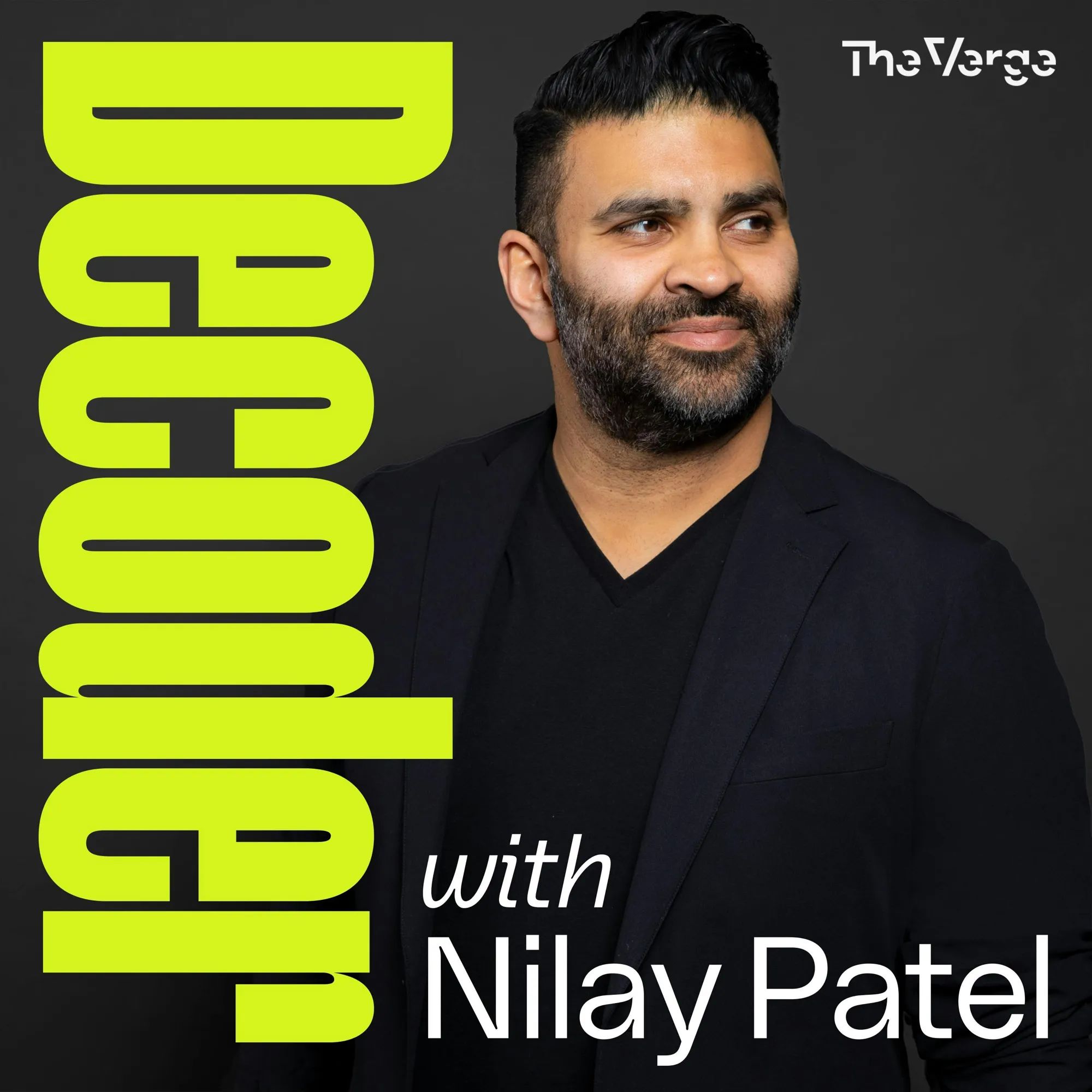
TSA’s chief innovation officer on surveillance, security lines, and surrendering to PreCheck
I’m old enough to remember what it was like to fly before 9/11 — there were no TSA lines, there was no PreCheck, and there certainly wasn’t any requirement to take off your shoes. In fact, there wasn’t any TSA at all.
But 9/11 radically changed the way we move through an airport. The formation of the new Department of Homeland Security and the new Transportation Security Administration led to much more rigorous and invasive security measures for travelers trying to catch their flight.
This year is the 20th anniversary of the Department of Homeland Security and the TSA, and I think it’s safe to say that nobody enjoys waiting in the airport security line. And in the post-9/11 world, things like PreCheck are the great innovation of the department.
At least according to Dan McCoy, who is the TSA’s chief innovation officer, who told me that PreCheck is “a hallmark government innovation program.”
But what do programs like PreCheck and the larger surveillance apparatus that theoretically keep us safe mean for the choices we make? What do we give up to get into the shorter security line, and how comfortable should we be about that?
This week, The Verge launches Homeland, our special series about the enormous influence of the Department of Homeland Security and how it has dramatically changed our country’s relationship with technology, surveillance, and immigration. So we have a special episode of Decoder with Dan McCoy to see where the TSA fits into that picture.
Links:
Read more stories from the Homeland series
Transcript:
https://www.theverge.com/e/22945989
Credits:
Decoder is a production of The Verge, and part of the Vox Media Podcast Network.
Today’s episode was produced by Creighton DeSimone and Jackie McDermott and it was edited by Callie Wright.
The Decoder music is by Breakmaster Cylinder. Our Sr Audio Director is Andrew Marino and our Executive Producer is Eleanor Donovan.
Learn more about your ad choices. Visit podcastchoices.com/adchoices